Lisa Marie Presley A Life Intertwined with Elvis’s Legacy
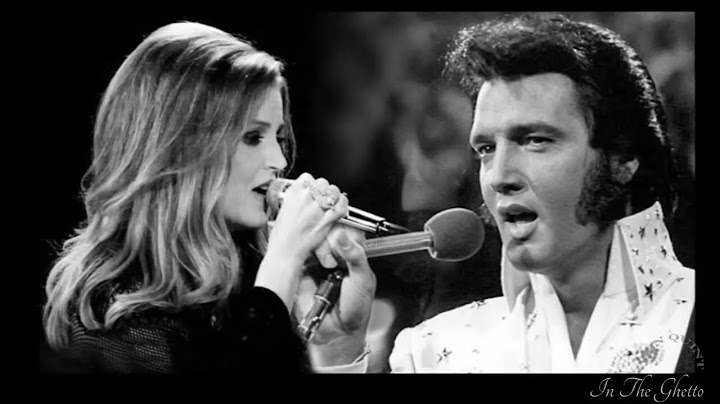
Lisa Marie Presley Elvis in the ghetto, the only daughter of the legendary Elvis Presley, has lived a life that is both a blessing and a burden. Born into fame, she has often found herself in the shadow of her father’s monumental legacy. Yet, Lisa Marie has carved out her own identity as a musician, actress, and advocate for social justice. One of the most poignant aspects of her father’s career is the song “In the Ghetto,” which not only highlights Elvis’s musical genius but also serves as a reflection of societal issues that resonate even today. This blog post explores Lisa Marie’s journey, her connection to her father’s work, and the broader implications of “In the Ghetto” in the context of social equity.
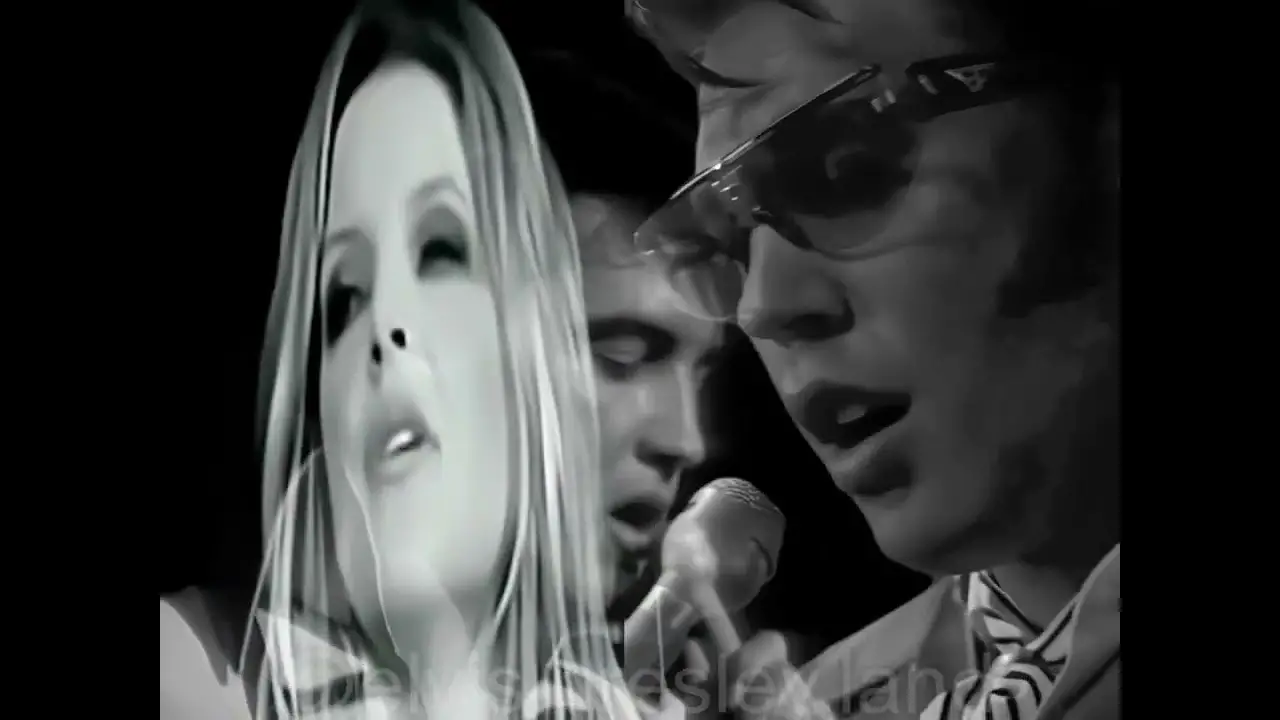
Beyond the King: Lisa Marie Presley’s Musical Journey
Early Influences and Musical Aspirations
From an early age, Lisa Marie was surrounded by music. Growing up in Graceland, the iconic home of Elvis, she was exposed to a range of musical genres. Her father’s influence was undeniable, but Lisa Marie sought to carve her own path.
Despite the immense pressure of being Elvis’s daughter, Lisa Marie pursued her passion for music. She began writing songs in her teenage years, drawing inspiration from personal experiences and the world around her. Her debut album, “To Whom It May Concern,” released in 2003, showcased her unique voice and songwriting abilities. The album received positive reviews and marked the beginning of her professional music career.
Evolution of Her Sound
Lisa Marie’s musical style has evolved over the years, reflecting her personal growth and changing influences. Initially, her sound was rooted in rock and pop, reminiscent of her father’s musical legacy. However, as she matured as an artist, she began to explore different genres, including country and blues.
Her second album, “Now What,” released in 2005, demonstrated this evolution. The album featured a more mature sound, with introspective lyrics that delved into themes of love, loss, and self-discovery. Critics praised her ability to convey deep emotions through her music, establishing her as a serious artist in her own right.
Playin’ One Pair of Hands Elvis Presley’s Legacy of Authenticity

Collaborations and Artistic Growth
Throughout her career, Lisa Marie has collaborated with various artists, further expanding her musical horizons. Working with renowned producers and musicians has allowed her to experiment with different sounds and styles. These collaborations have not only enriched her music but have also helped her gain recognition within the industry.
One notable collaboration was with T-Bone Burnett on her third album, “Storm Grace,” released in 2012. This album marked a significant turning point in her career, showcasing her maturity as a songwriter and performer. The haunting melodies and poignant lyrics resonated with listeners, solidifying her place in the music world.
Elvis in the Ghetto: A Groundbreaking Anthem of Social Justice
The Story Behind the Song
“In the Ghetto,” written by Mac Davis and Billy Strange, was released by Elvis Presley in 1969. The song tells the story of a young boy growing up in poverty, highlighting the struggles faced by marginalized communities. Its powerful narrative and emotional depth set it apart from many of Elvis’s other hits, making it a groundbreaking anthem for social justice.
The song’s release came at a time when America was grappling with civil rights issues and social inequality. Elvis’s decision to record “In the Ghetto” demonstrated his awareness of these pressing societal concerns. The song became an instant classic, resonating with audiences across the nation and beyond.
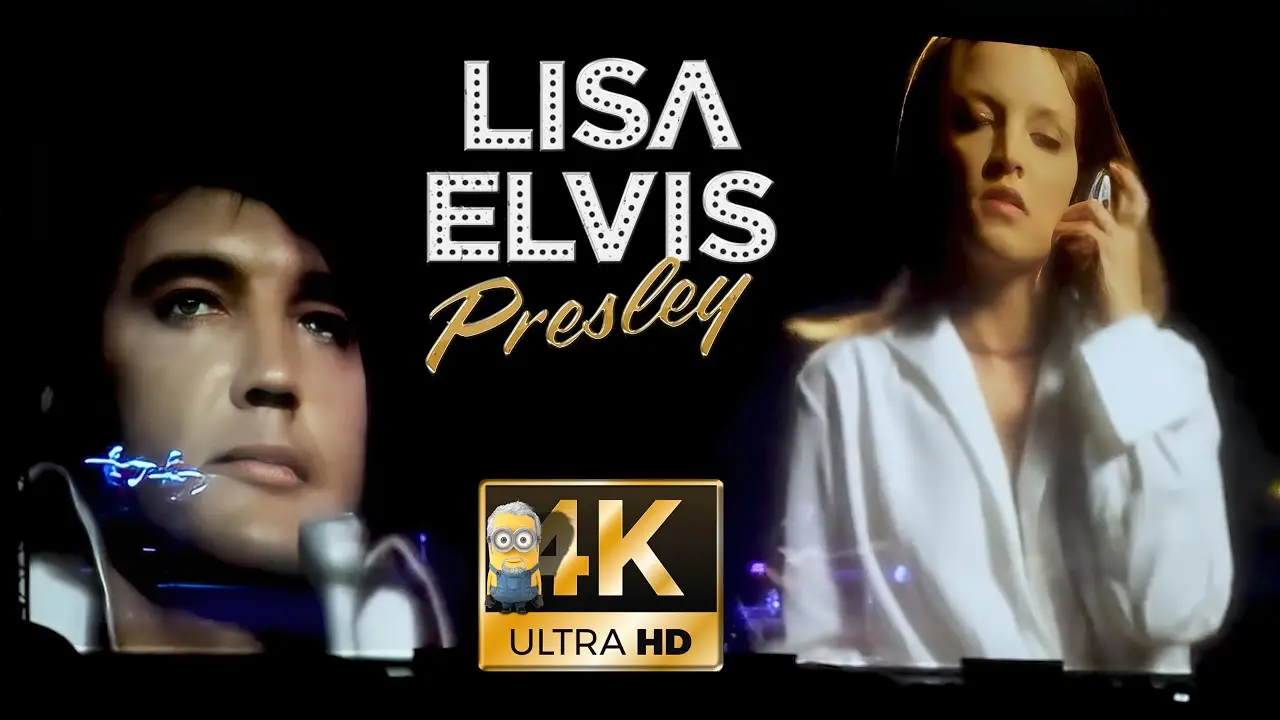
Themes of Poverty and Inequality
At its core, “In the Ghetto” addresses the harsh realities of poverty and the cycle of violence that often accompanies it. The lyrics paint a vivid picture of a young boy’s life in a struggling neighborhood, emphasizing the impact of his environment on his future. This raw portrayal of social issues was groundbreaking for a mainstream artist like Elvis, who was primarily known for his upbeat rock and roll hits.
The song’s message remains relevant today, as poverty and inequality continue to plague societies worldwide. By shining a light on these issues, “In the Ghetto” serves as a reminder of the importance of empathy and understanding in addressing social injustices.
Cultural Impact and Reception
Upon its release, “In the Ghetto” received widespread acclaim from critics and fans alike. The song reached the top of the charts, solidifying Elvis’s status as a cultural icon. Its success marked a departure from the typical themes of love and romance prevalent in popular music at the time, showcasing the power of music as a vehicle for social commentary.
The song’s impact extended beyond the music industry, influencing conversations about poverty and social justice. It inspired countless artists to address similar themes in their work, paving the way for a new generation of musicians committed to using their platforms for change.
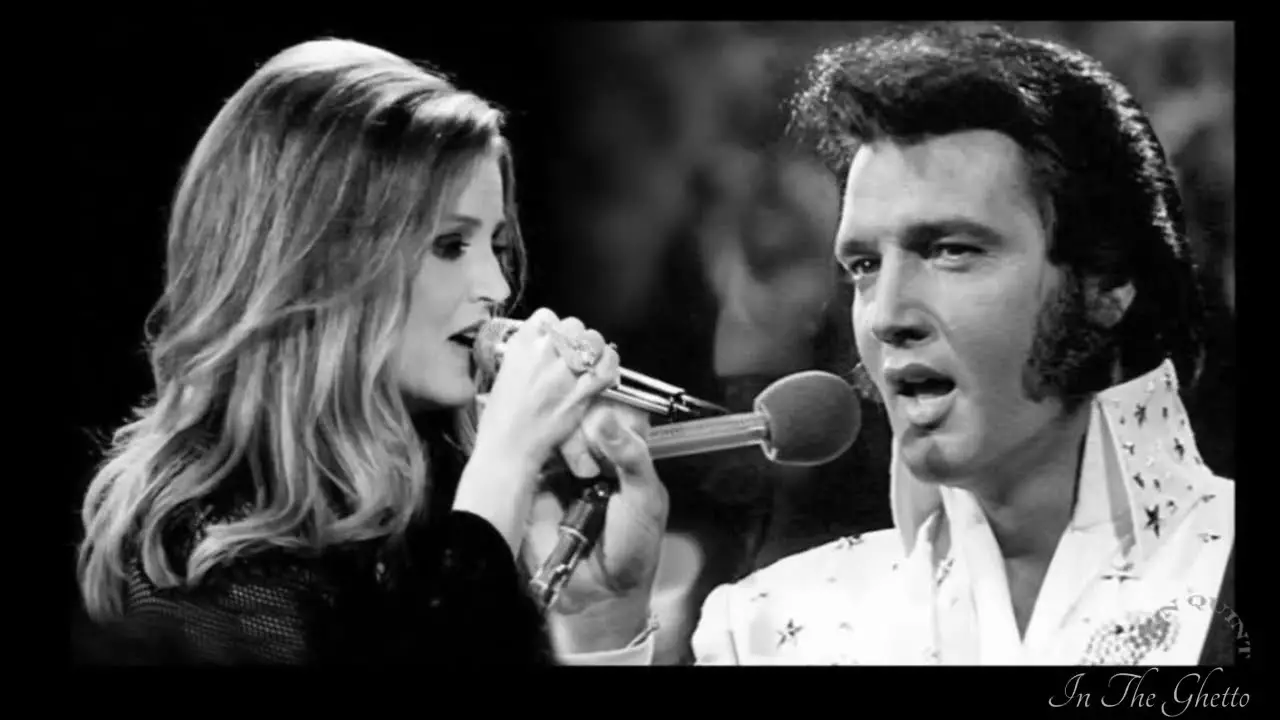
The Presley Family’s Connection to the Civil Rights Movement
A Legacy of Activism
The Presley family has long been associated with various social causes, including the civil rights movement. Elvis himself was known for his friendships with African American artists and his support for racial equality. His willingness to cross cultural boundaries in his music laid the groundwork for future generations to challenge societal norms.
Lisa Marie has continued this legacy, using her platform to advocate for social justice and equality. She has spoken openly about her father’s influence on her views regarding race and social issues, emphasizing the importance of compassion and understanding in creating a more equitable society.
Personal Experiences and Advocacy
Lisa Marie’s advocacy for social equity is deeply personal. Growing up in the public eye, she has faced her own share of challenges and hardships. These experiences have shaped her worldview and fueled her desire to make a difference.
Through her music and public appearances, Lisa Marie has addressed issues such as mental health, addiction, and poverty. She has used her voice to raise awareness and promote dialogue around these important topics, demonstrating her commitment to social change.

Collaborating with Organizations
In addition to her personal advocacy, Lisa Marie has partnered with various organizations dedicated to social justice. By collaborating with nonprofits and community groups, she has amplified her efforts to create positive change. These partnerships have allowed her to reach a wider audience and inspire others to join the fight for equality.
Lisa Marie’s involvement in charitable initiatives reflects her belief in the power of collective action. She understands that meaningful change requires collaboration and solidarity among individuals and communities.
Elvis in the Ghetto: A Reflection of the Times
The Societal Context of the Late 1960s
When “In the Ghetto” was released in 1969, America was undergoing significant social upheaval. The civil rights movement was gaining momentum, and issues of race, poverty, and inequality were at the forefront of national discourse. The song captured the essence of this turbulent period, serving as a poignant reminder of the struggles faced by marginalized communities.
Elvis’s choice to record a song addressing these issues demonstrated his awareness of the societal climate. By lending his voice to the conversation, he helped bring attention to the plight of those living in poverty, challenging listeners to confront uncomfortable truths.
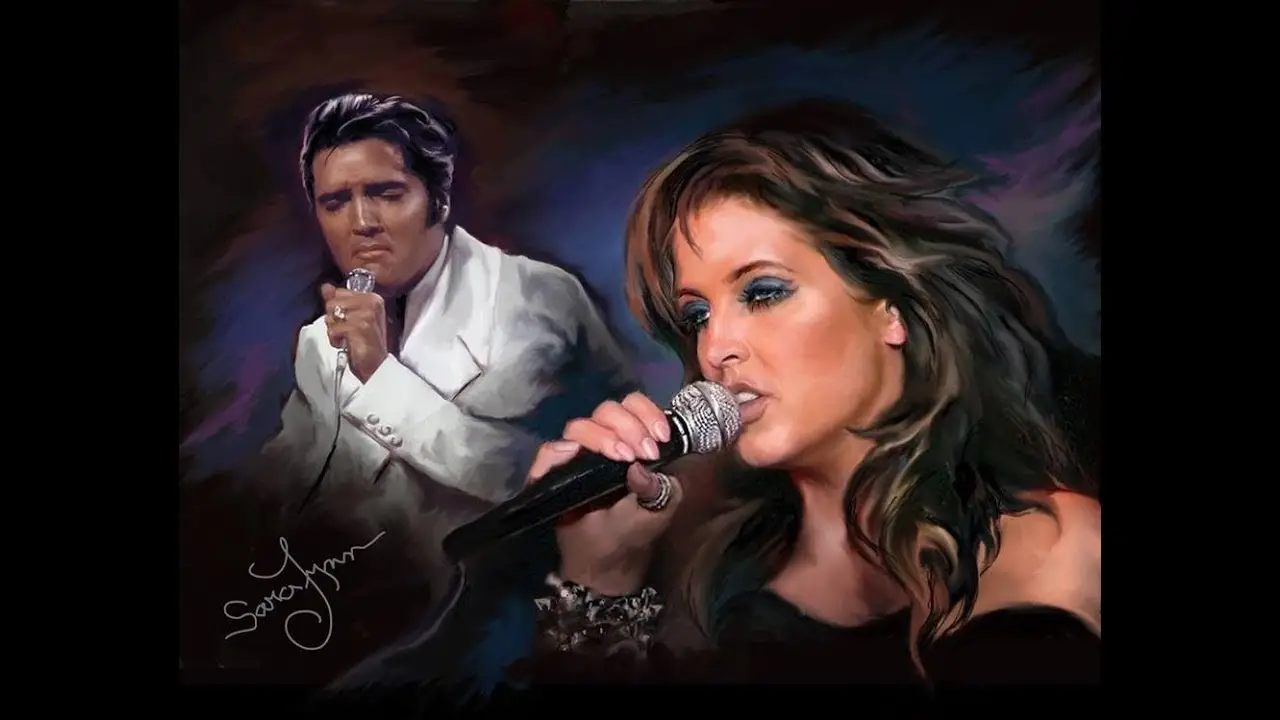
Music as a Catalyst for Change
Music has always played a vital role in social movements, serving as a catalyst for change and a source of inspiration. “In the Ghetto” exemplifies this phenomenon, as it not only raised awareness about poverty but also encouraged listeners to empathize with those affected by it.
The song’s powerful narrative resonated with audiences, prompting discussions about social justice and the need for systemic change. It served as a rallying cry for activists and advocates, inspiring them to continue fighting for equality and justice.
Lasting Relevance in Contemporary Society
The themes explored in “In the Ghetto” remain relevant today, as issues of poverty and inequality persist in modern society. The song continues to resonate with new generations, reminding us of the importance of addressing these challenges head-on.
As we navigate an increasingly complex world, “In the Ghetto” serves as a timeless reminder of the power of music to inspire change. It encourages us to reflect on our own roles in advocating for social justice and to consider how we can contribute to a more equitable future.

Lisa Marie Presley’s Advocacy for Social Equity
A Voice for the Voiceless
Lisa Marie Presley has emerged as a powerful advocate for social equity, using her platform to amplify the voices of those often overlooked by society. Her commitment to social justice is evident in her music, public statements, and philanthropic efforts.
Through her art, Lisa Marie addresses issues such as mental health, addiction, and poverty. She believes that music has the power to heal and unite people, and she uses her talent to shed light on important social issues. By sharing her own experiences, she encourages others to speak out and seek help.
Philanthropic Efforts and Partnerships
In addition to her artistic endeavors, Lisa Marie has actively participated in various philanthropic initiatives. She has collaborated with organizations focused on mental health awareness, addiction recovery, and poverty alleviation. Through these partnerships, she has worked to create positive change in her community and beyond.
Lisa Marie’s philanthropic efforts reflect her belief in the importance of giving back. She understands that meaningful change requires collective action and collaboration among individuals and organizations. By leveraging her platform, she aims to inspire others to get involved and make a difference.

Raising Awareness Through Social Media
In today’s digital age, social media has become a powerful tool for advocacy. Lisa Marie has utilized platforms like Instagram and Twitter to raise awareness about social issues and connect with her audience. By sharing her thoughts and experiences, she fosters meaningful conversations around topics such as mental health, addiction, and social justice.
Through her online presence, Lisa Marie encourages her followers to engage with important issues and take action. She believes that everyone has a role to play in creating a more equitable society, and she uses her voice to inspire others to join the fight for social justice.
The Lasting Impact of Elvis in the Ghetto
Cultural Significance and Legacy
“In the Ghetto” has left an indelible mark on music history, transcending generations and genres. Its powerful message and emotional resonance continue to inspire artists and activists alike. The song serves as a reminder of the importance of addressing social issues through art and music.
Elvis’s decision to record “In the Ghetto” demonstrated his commitment to using his platform for good. By tackling difficult subjects, he challenged societal norms and encouraged others to do the same. The song’s legacy lives on, inspiring new generations to engage with social justice issues through their own creative expressions.
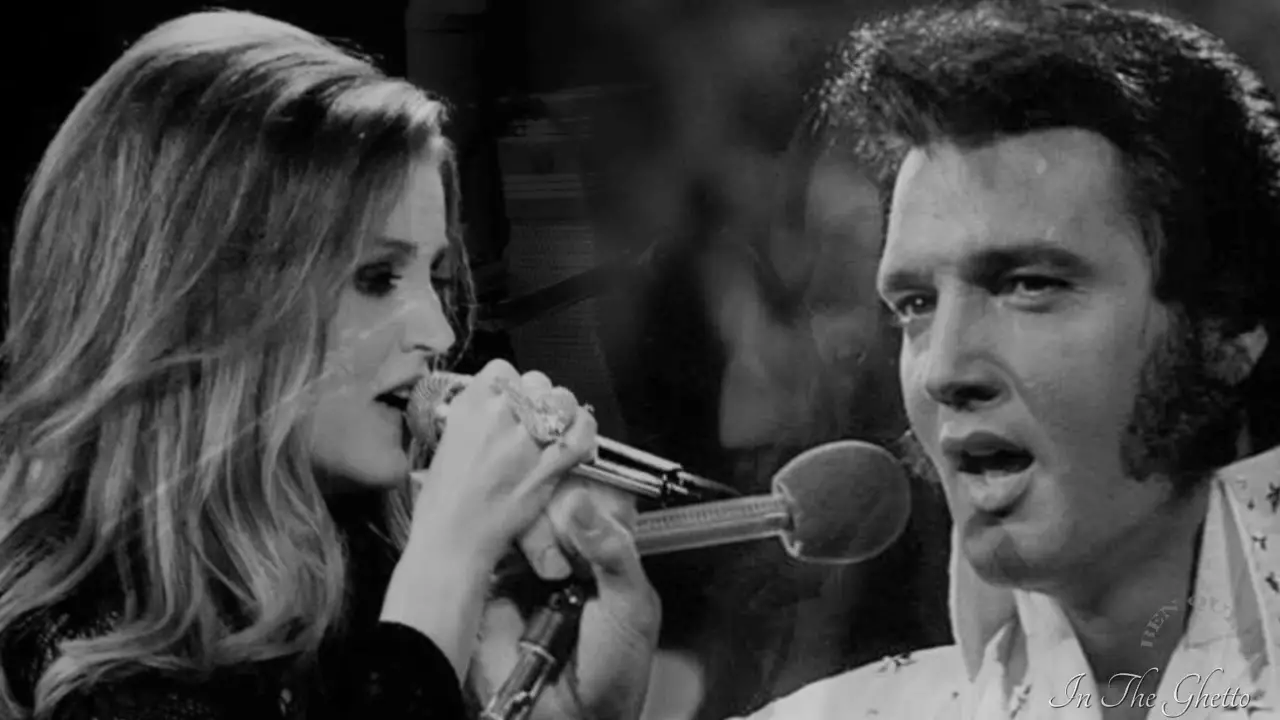
Influence on Future Artists
The impact of “In the Ghetto” extends far beyond Elvis’s original recording. The song has been covered by numerous artists across various genres, each bringing their unique perspective to the powerful narrative. These reinterpretations serve to keep the song’s message alive and relevant in contemporary society.
Many artists cite “In the Ghetto” as a source of inspiration for their own work. The song’s exploration of social issues has encouraged musicians to use their platforms to address similar themes, fostering a culture of activism within the music industry.
Continuing Conversations About Social Justice
The themes addressed in “In the Ghetto” continue to spark conversations about social justice and equity. As society grapples with ongoing issues of poverty, racism, and inequality, the song serves as a reminder of the importance of empathy and understanding.
By revisiting “In the Ghetto,” we are prompted to reflect on our own roles in advocating for social change. The song encourages us to confront uncomfortable truths and work towards a more equitable future for all.
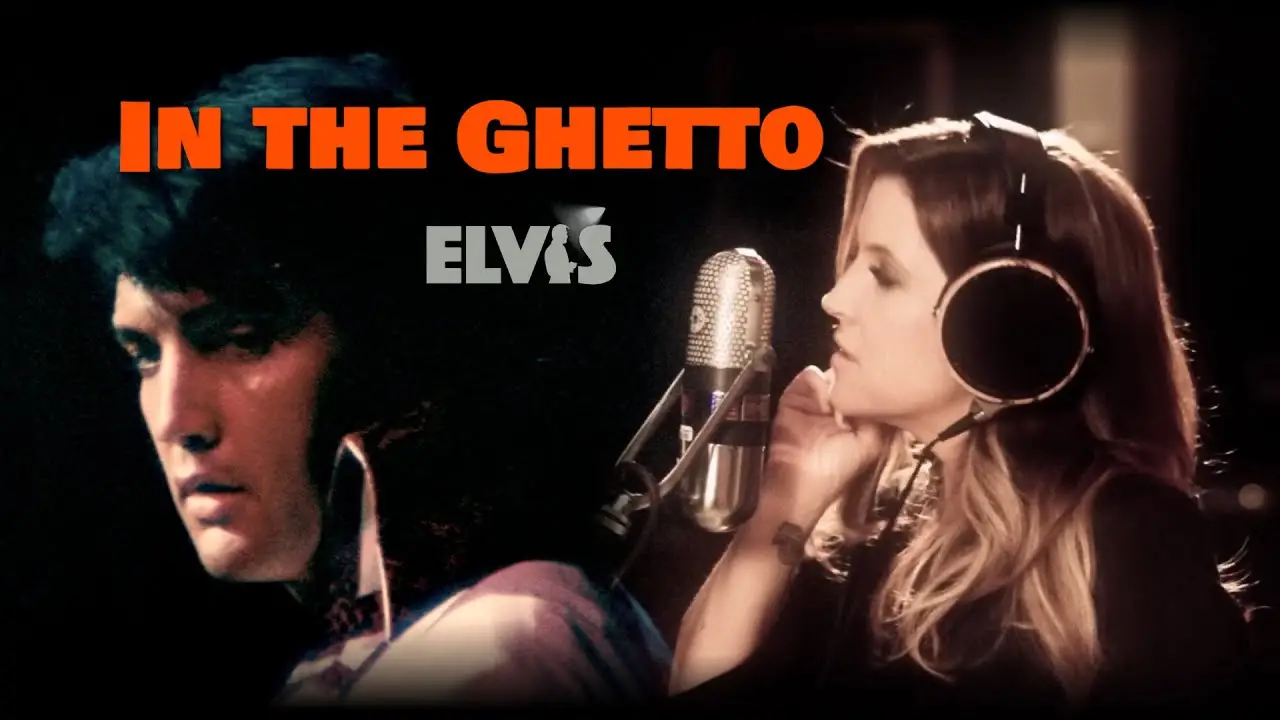
Lisa Marie Presley: A Personal View of Elvis’s Impact
Growing Up in the Shadow of a Legend
For Lisa Marie Presley, growing up as the daughter of Elvis Presley came with its own set of challenges. While she enjoyed the privileges of fame, she also faced the weight of her father’s legacy. Navigating life in the public eye was no easy feat, and Lisa Marie often struggled to define her own identity separate from her father’s.
Despite the challenges, Lisa Marie has embraced her heritage and used it to fuel her passion for music and advocacy. She recognizes the profound impact her father had on the world and seeks to honor his legacy through her own work.
Reflections on Elvis’s Music and Message
Lisa Marie has often reflected on the significance of her father’s music, particularly songs like “In the Ghetto.” She acknowledges the importance of addressing social issues through art and appreciates her father’s willingness to tackle difficult subjects.
Through her own music, Lisa Marie strives to carry on this tradition, using her platform to raise awareness about important social issues. She believes that music has the power to inspire change and foster understanding, and she is committed to continuing her father’s legacy in this regard.
A Personal Journey of Healing and Growth
Lisa Marie’s journey has not been without its struggles. She has faced personal challenges, including battles with addiction and grief. Through these experiences, she has gained valuable insights into the importance of mental health and self-care.
By sharing her story, Lisa Marie hopes to inspire others to seek help and prioritize their well-being. She understands the power of vulnerability and authenticity in connecting with others, and she uses her platform to encourage open conversations about mental health and healing.

From King to Queen: Lisa Marie Presley’s Place in Music History
Establishing Her Own Identity
As the daughter of Elvis Presley, Lisa Marie has often been compared to her father. However, she has worked tirelessly to establish her own identity as an artist. Through her music and advocacy, she has carved out a unique space in the industry, proving that she is more than just “Elvis’s daughter.”
Lisa Marie’s dedication to her craft and her commitment to social justice have earned her respect within the music community. She has proven that she is a force to be reckoned with, capable of making a lasting impact in her own right.
Contributions to the Music Industry
Lisa Marie’s contributions to the music industry extend beyond her own albums. She has played a pivotal role in preserving her father’s legacy, ensuring that his music continues to resonate with new generations. Through her efforts, she has helped to keep the spirit of Elvis alive, while also forging her own path.
Her work as a producer and curator has allowed her to showcase the talents of emerging artists, further enriching the music landscape. Lisa Marie’s commitment to supporting fellow musicians reflects her belief in the power of collaboration and community.
Inspiring Future Generations
Lisa Marie’s journey serves as an inspiration to aspiring artists everywhere. Her determination to overcome obstacles and pursue her passions demonstrates the importance of resilience and authenticity in the face of adversity.
By sharing her story and advocating for social justice, Lisa Marie encourages others to use their voices for change. She believes that everyone has the potential to make a difference, and she is committed to empowering future generations to follow their dreams and stand up for what they believe in.

Exploring the Intersection of Grief, Music, and Social Change
The Role of Music in Healing
Music has long been recognized as a powerful tool for healing and self-expression. For Lisa Marie, music has played a crucial role in processing her grief and navigating life’s challenges. Through her art, she has found solace and strength, allowing her to connect with others on a deeper level.
Lisa Marie’s music often reflects her personal experiences, touching on themes of loss, love, and resilience. By sharing her journey through song, she invites listeners to join her in exploring the complexities of life and the healing power of music.
Addressing Grief and Loss in Her Work
Grief is a universal experience, and Lisa Marie’s willingness to address it in her music resonates with many. Her songs often delve into the depths of sorrow and longing, offering a cathartic outlet for both herself and her audience.
By confronting her own grief, Lisa Marie encourages others to do the same. She believes that acknowledging our pain is an essential step toward healing, and she uses her platform to foster open conversations about loss and resilience.
Music as a Catalyst for Social Change
Beyond personal healing, Lisa Marie recognizes the potential of music to drive social change. Throughout her career, she has used her art to raise awareness about important issues, encouraging listeners to engage with the world around them.
By addressing themes of social justice in her music, Lisa Marie inspires others to take action and advocate for change. She believes that music has the power to unite people and spark meaningful conversations, making it a vital tool for social progress.

Conclusion
Lisa Marie Presley embodies the spirit of resilience, creativity, and advocacy. Her journey, intertwined with the legacy of her father, Elvis Presley, showcases the power of music as a vehicle for social change. Through her artistry and activism, Lisa Marie continues to honor her father’s memory while carving out her own identity in the music world.
The song “In the Ghetto” stands as a testament to the enduring relevance of social justice in music. Its powerful message resonates with audiences today, reminding us of the importance of empathy and understanding in addressing societal issues. As we navigate the complexities of our world, let us draw inspiration from Lisa Marie’s journey and the legacy of her father, using our voices to advocate for a more equitable future for all.
The Legacy of Song Exploring Elvis and Lisa Marie Presley’s Musical Connection
